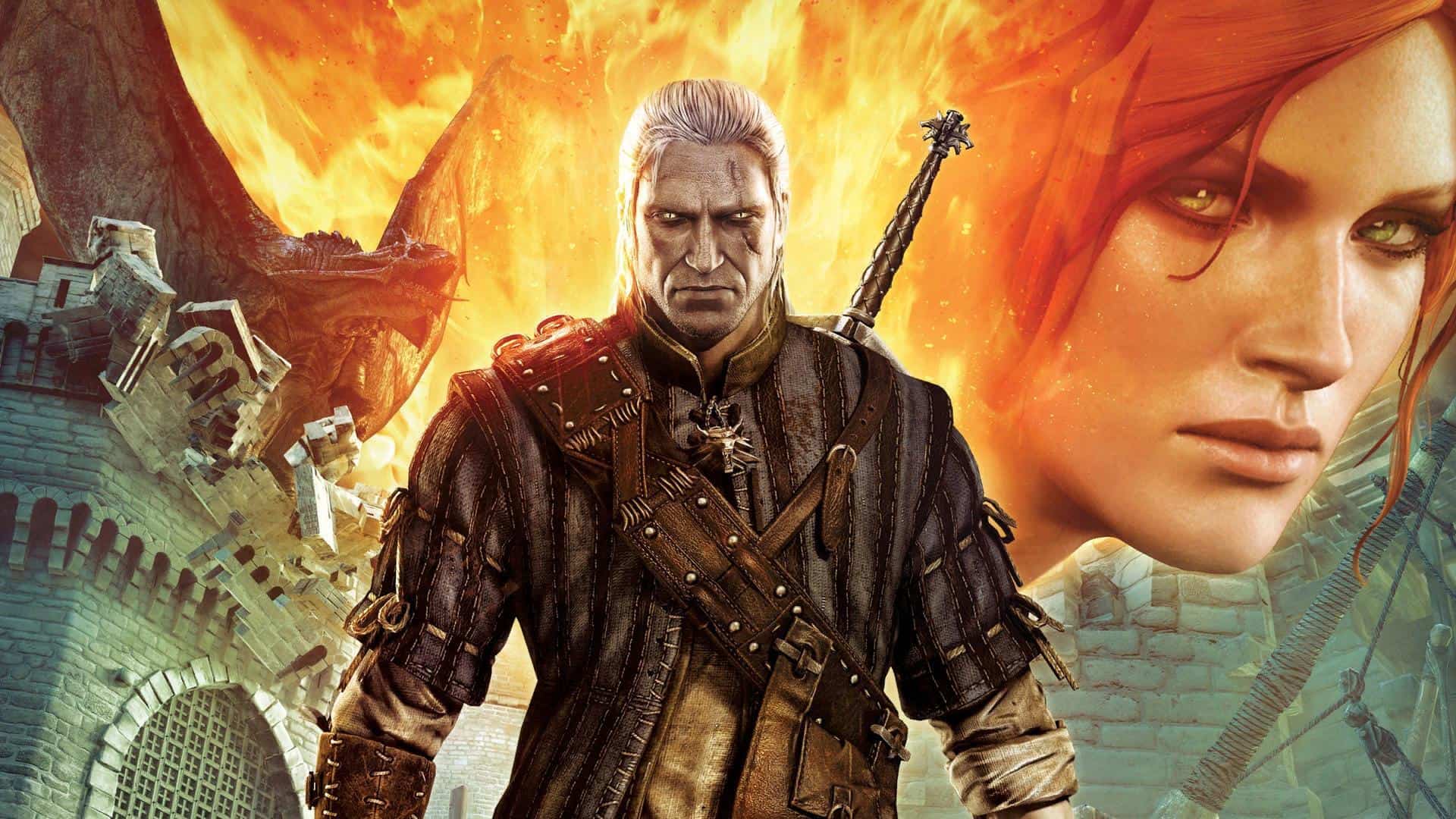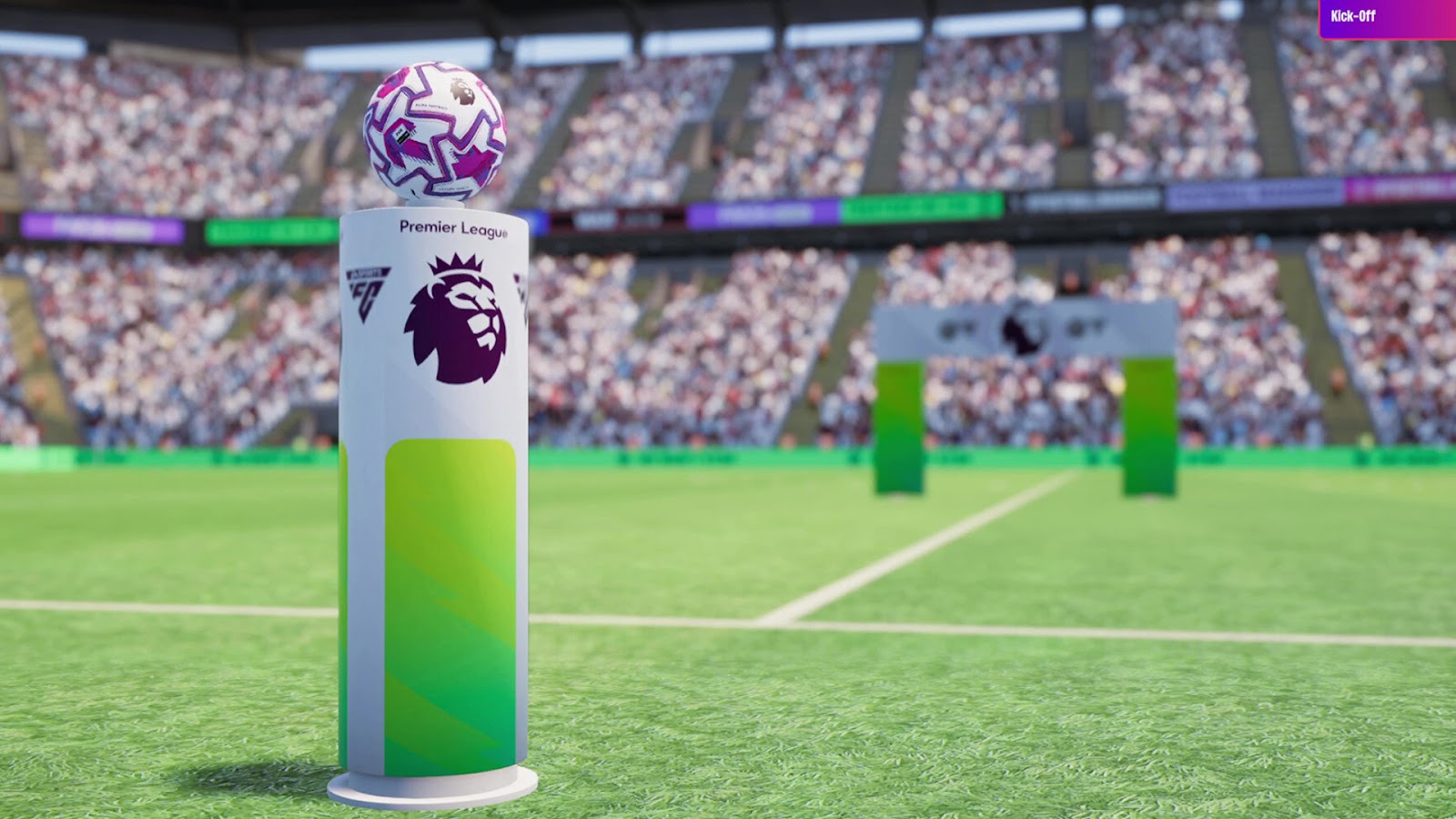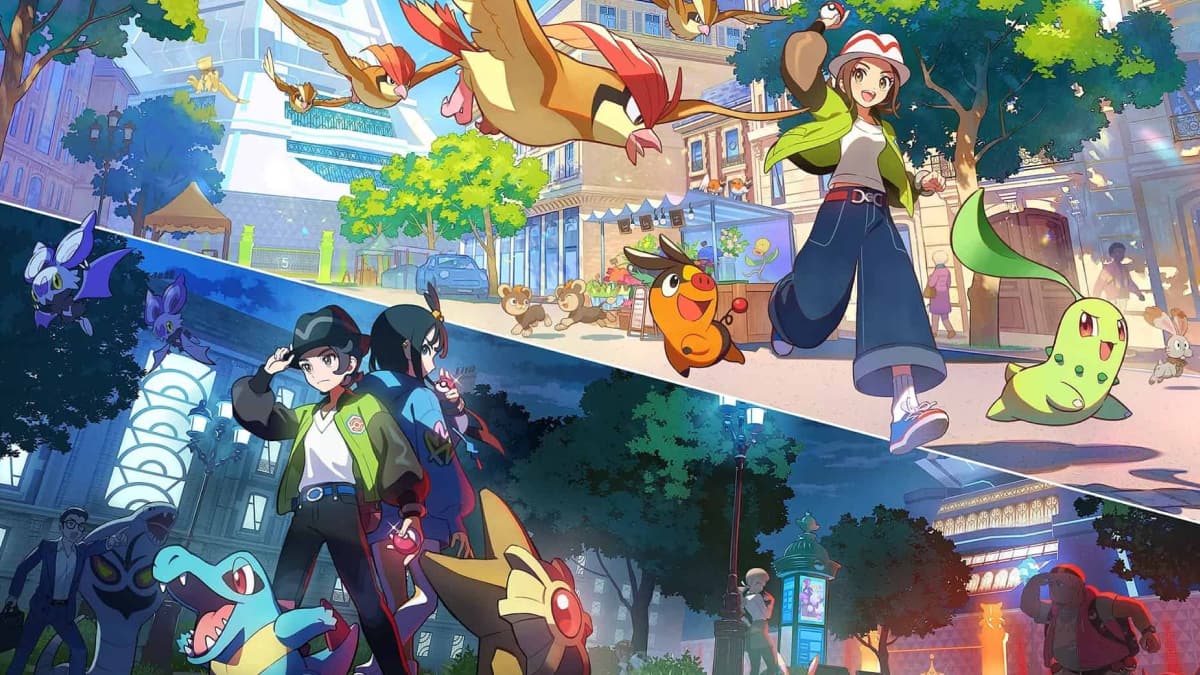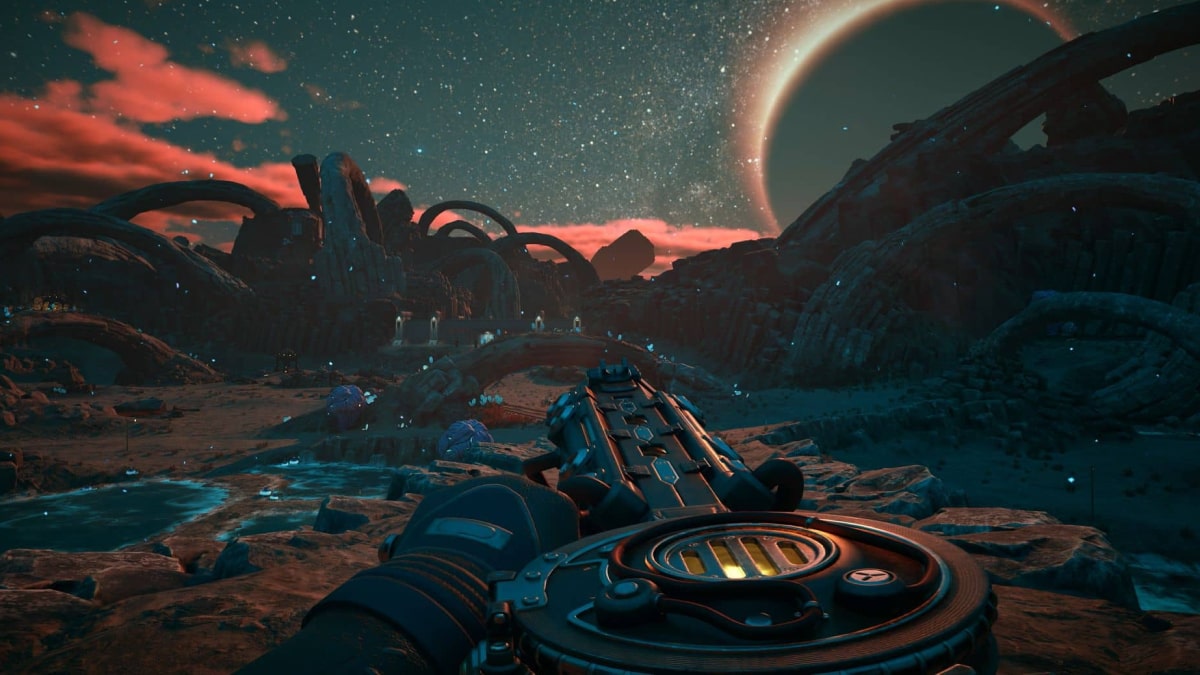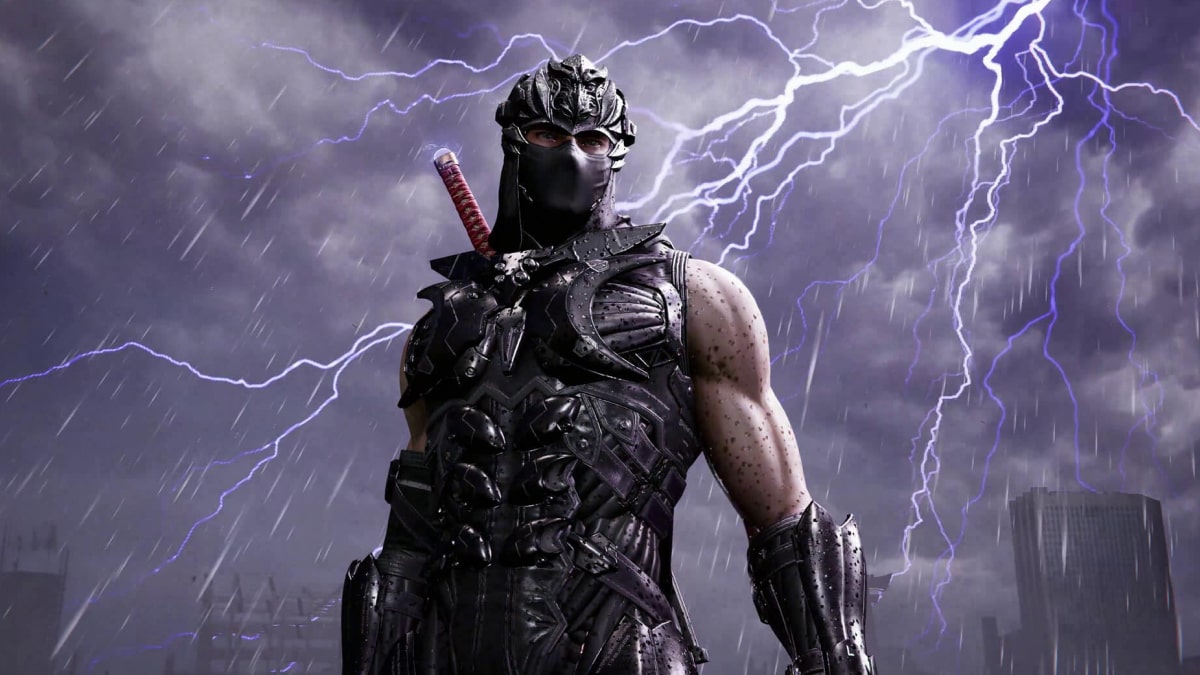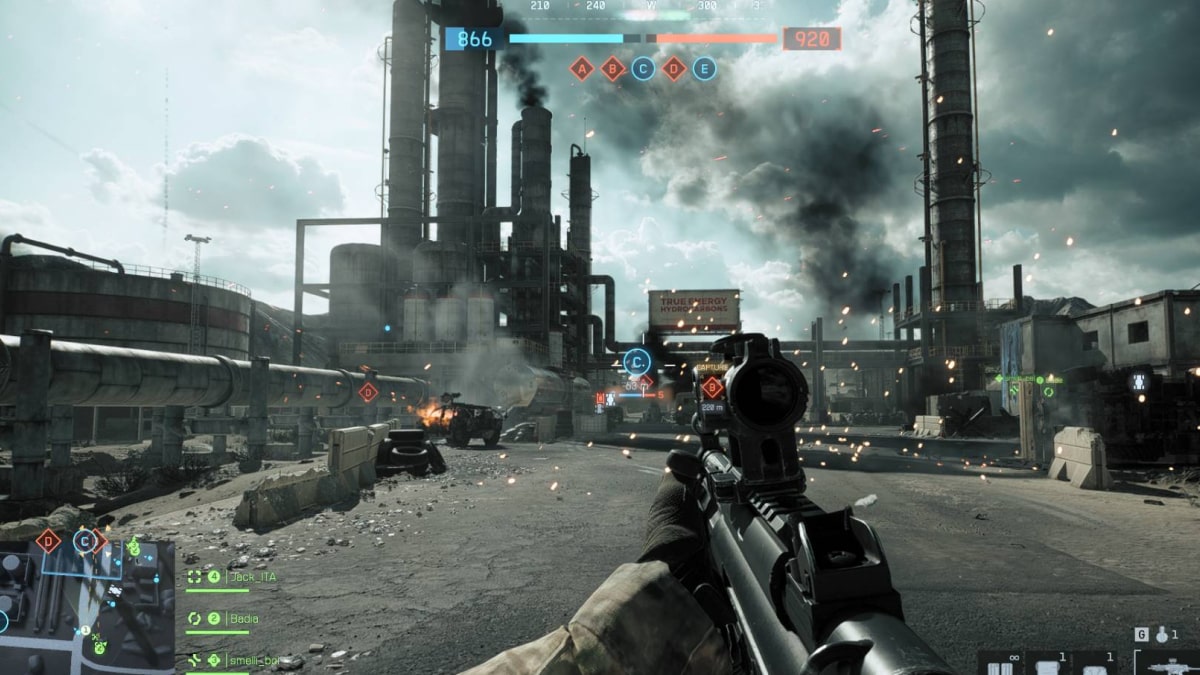You can trust VideoGamer. Our team of gaming experts spend hours testing and reviewing the latest games, to ensure you're reading the most comprehensive guide possible. Rest assured, all imagery and advice is unique and original. Check out how we test and review games here
For better or for worse The Witcher has developed a status in the West as the darker Euro-cousin of BioWare’s fantasy titles. Both series’ cater to a lanky subcategory of RPGs which focus on honing a more mature tone – and for both that tone basically emerges out of the occasional outburst of softcore petting. Even today, four years after the release of The Witcher, the game’s probably still best known for its introduction of sex cards rather than its lead character, the titular blonde and brooding Witcher Geralt.
But to put it in television terms: The Witcher 2 makes Dragon Age look like daytime viewing next to its HBO primetime slot. Gone now are the sex cards. In fact sex generally feels like a less prominent character than it was originally. Lesbian dominatrixes and pool sex provide the window dressing still but the game hinges largely on a brutal sense of moral ambiguity and political seediness that stretches down to the core of its narrative.
It’s worth mentioning that this game manages to fulfil the task that many games have taken a swing at but often never quite hit on the mark (Fable 3, here’s looking at you). There is no clear good or bad option in Witcher 2 when almost all decisions are firmly lodged in the greyest of grey areas – something that happens to give a legitimate sense of weight to every choice you make. Likewise, don’t expect the clear cut polarity of moral alignment charts.
Geralt is an amnesiac Witcher – essentially a half-breed of mutant and mage who make it their profession to kill off monsters, and he is attempting to clear his name after being accused of assassinating the king (no spoilers here: it’s in the title, see).
And despite the good-hearted objective there are few quests that aren’t riddled with very visible collateral damage in the form of innocent NPCs who you can actually sympathise with. When Geralt saves a destitute woman who can only return the favour in sex it’s not the lol-inducing meme of the original’s cards, instead the act feels nothing if not faintly depressing as you take advantage of a waif.
Similarly, the pivotal decision of which NPC you inevitably join sides with later on in the game will leave you feeling uneasy, particularly when each choice has a visible effect on the storyline and the choice you’re given is basically between, to put it in South Park terminology, a douche and a turd. Elsewhere depending on choices you make by the end of the first act, you can continue down one of two entirely different paths, each with its own cities and specific quest lines that can affect the final outcome of the game.
Combat is essentially a light balance of crowd control, dodging, a vague level of strategy, and half a brain. Unlike the first game Geralt can’t down potions mid-battle – instead you “meditate” pre-fight which lets you create potions based on formulae and ingredients you’ve looted along the way, which affect your stats for a limited amount of time. So you rarely have any crutches to fall back on mid-battle beyond your ability to plan ahead and not take defensive measures for granted.
Like the previous game, the sequel sticks to its two-sword conceit. Geralt carries a steel sword for human-vs-Witcher encounters and a silver sword for monsters, which he can swap between at any point depending on what suits the situation. This gets combined with a basic set of spells (Signs, in Witcher lingo) to make up his full armoury.
Generally speaking you encounter anything between three and twelve enemies in one go, and even with your basic skills set the primary objective in most fights is to avoid getting flanked. Geralt isn’t a traditional brawny hero: he’s lithe but get him surrounded by clutches of harpies and it’s the metaphorical equivalent of a cat in a tumble dryer.
This means on occasion combat is frustratingly brutal but when you’ve come out successful after timing your dodges and deciding what precisely is the most apt spell to use in a given situation it is incredibly satisfying. Together with having to make the necessary alchemic preparations prior to battle, success in the game feels like it’s the result of skill and thought more than the result of blindly drilling away at hotkeys.
Unfortunately Witcher 2 can bumble like a moody teen between both of these tendencies – but luckily these issues are mostly lodged in nooks and crannies of the game.
The game, for instance, is sometimes – but never impossibly – buggy, and often the visible issues work in your favour. It’s relatively easy to find areas near walls where enemies seem to think you’ve wandered off in the middle of your scrape and choose to loiter around gormlessly like a gruff gang of street kids while you soak up a bit of health before hurtling yourself back into the fight.
But the most obvious issue comes from some of the worst doors I’ve ever had the chance to interact with in any game. Hotspots have been made so small that you’ll find yourself trying to incrementally shift Geralt from side to side until you reach that sweet spot that brings up the option to actually open it.
These are minimal problems comparatively: The Witcher 2 still has one of the most alluring worlds of any RPG in the last decade. Despite some shoddy architecture there’s a plausibility to the world CD Projekt has created. Night and day cycles, along with the occasional torrential rain pour, affect the environment as much as anything. By the time the weather changes from North England-cloudy to monsoon apocalypse the denizens around town start audibly complaining and walking off dejectedly to find an awning to stand under.
The game can be finished off in a bit less than half the time it took to edge your way to the finish line of the original Witcher. Where the first game clocked in around 80 hours its sequel packs in a trimmer 30-or-so, and the effect of a shorter game becomes obvious with its slightly abrupt conclusion. But regardless of some occasional wobbles this is one of the most ambitious, darkest, and legitimately smart additions to the genre you’ll have the luck of playing. Just get yourself a bloody decent PC.
The Witcher 2: Assassins of Kings
- Platform(s): PC, PlayStation 3, Xbox 360, Xbox One
- Genre(s): RPG
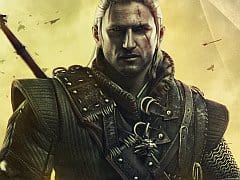
/https://oimg.videogamer.com/images/f708/the_witcher_2_28.jpg)
/https://oimg.videogamer.com/images/21ce/the_witcher_2_30.jpg)
/https://oimg.videogamer.com/images/5ca5/the_witcher_2_25.jpg)
